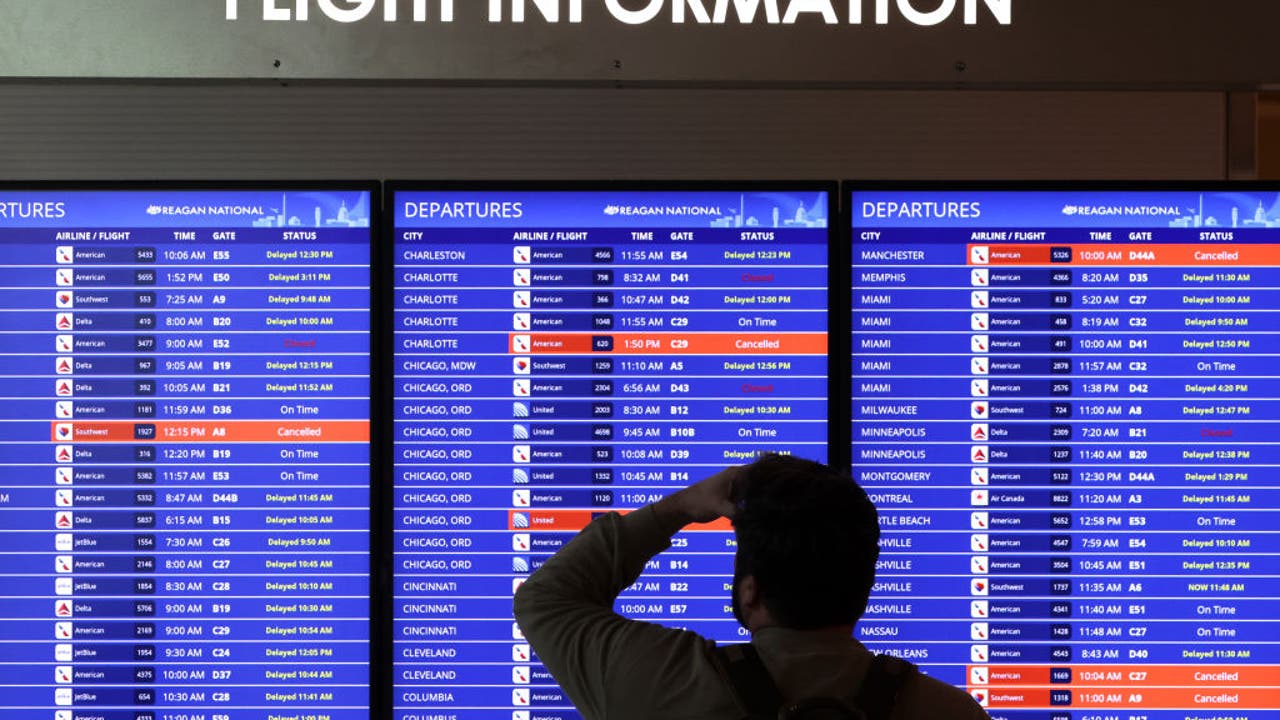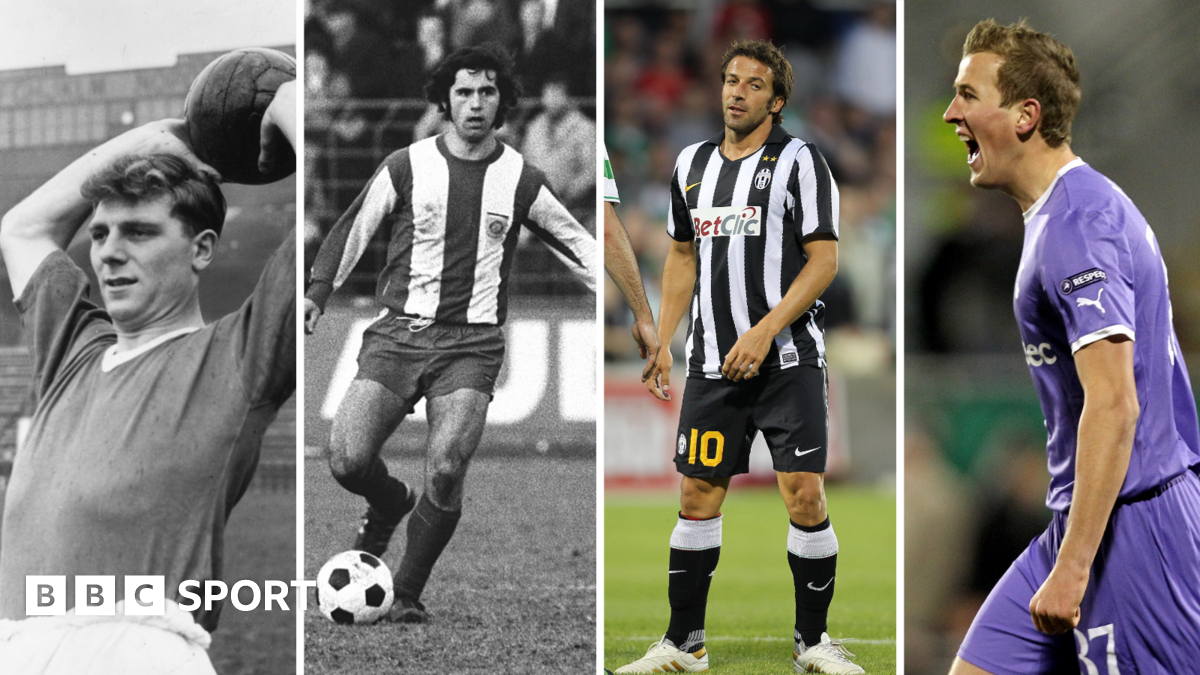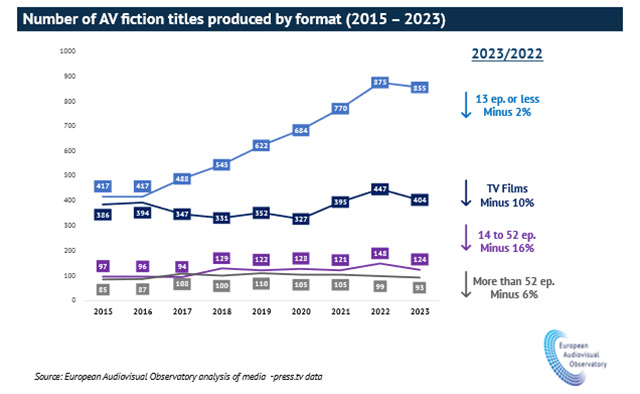Football
EURO 2024: Meet the man that secures Qatar’s grip on European football

BeIN Sport’s growing relationship with UEFA
Al-Khelaifi has also managed to place himself in a key role on the other side of the table where broadcasting rights are negotiated.
In 2014, Al-Khelaifi oversaw the transformation of the Qatari state-owned Al Jazeera Sport into beIN SPORTS and took over the roles as chairman and CEO of beIN MEDIA GROUP.
From its start in 2012, beIN Sports has acquired numerous TV rights deals across a wide range of sports, including football, athletics, basketball, tennis, cricket, equestrian, and motorsport. In 2022, Play the Game mapped beIN Sports’ extensive television rights portfolio which highlights its expansion in the sports broadcasting landscape.
Since 2019, when Al-Khelaifi was elected to UEFA’s executive committee, beIN Sports has strengthened its relationship with Europe’s football governing body, which raises concerns about a potential conflict of interest. Al-Khelaifi’s dual role as a member of UEFA’s executive committee and chairman of beIN Sports creates a situation where decisions could be influenced by overlapping interests.
Key deals showcasing this relationship include:
- 2021: UEFA announced an agreement for beIN SPORTS to exclusively broadcast UEFA’s top club competitions across the Middle East and North Africa from 2021/22 to 2023/24.
- 2023: beIN SPORTS secured exclusive rights to UEFA national team events for 24 MENA countries, covering the UEFA Nations League Finals, UEFA European Championship Qualifiers, and the UEFA European Under-21 Championship. This builds on existing deals, including the exclusive broadcasting rights for UEFA EURO 2020, UEFA EURO 2024, the UEFA Nations League, and all European qualifiers for the FIFA World Cup 2022.
These deals underscore beIN Sports’ powerful position in sports broadcasting but also highlight the problematic nature of Al-Khelaifi’s potential influence within both UEFA and beIN Sports. This conflict of interest raises questions about the fairness and integrity of broadcasting rights negotiations and the broader governance of European football.
The embodiment of conflicts of interest
Nasser Al-Khelaifi embodies a significant conflict of interest. As a Minister of the State of Qatar, his presence on the UEFA ExCo contradicts the fundamental principle that sports organisations must maintain independence from governmental influence, a cornerstone of their integrity and operational ethics.
Sitting on UEFA’s executive committee, whilst serving as club president of PSG, and holding a prominent position on the board of directors of the French Football League (LFP), Al-Khelaifi often handles interests from multiple sides of the table, which creates a highly favorable situation for himself and helps him advance Qatar’s agenda through and within sports. BeIN Sports also have the international rights for the French Ligue 1.
Qatar Investment Authority (QIA), where Al-Khelaifi holds a board position, owns around 10% of the hospitality giant Accor. QIA has two seats on Accor’s board of directors. In 2019, PSG announced a multi-year sponsorship deal with Accor, which makes them the club’s principal sponsor and replaces Fly Emirates as the club’s shirt sponsor.
In 2022, the year Qatar hosted the FIFA World Cup, PSG switched its shirt sponsor to Qatar’s state-owned flag carrier, Qatar Airways, in a multi-year deal. Since QSI’s takeover of PSG, the club has forged numerous partnerships linked to Qatar, and the list of prominent sponsors now include state-owned Visit Qatar, Ooredoo, beIN Sports, Aspetar, and Qatar National Bank.
UEFA’s engagement with Qatar
UEFA has also increasingly engaged with the State of Qatar in recent years. In February 2021, just months before the postponed EURO 2020 was set to take place, Qatar Airways was announced as an official sponsor.
This announcement came amidst a sense of urgency, possibly linked to the sudden absence of Azerbaijan’s state-owned oil company, SOCAR, from the sponsor list. With just four months until the first match of UEFA’s flagship event, it prompted UEFA to act swiftly. One can only speculate whether Nasser Al-Khelaifi leveraged his contacts in Qatar or his role as minister in the country to facilitate such a significant sponsor deal.
It is also noteworthy that this deal happened during the most heated debate in international sports politics in many years: The controversies surrounding Qatar as host for the 2022 FIFA World Cup. This seemed to play no role for the executives in UEFA.










